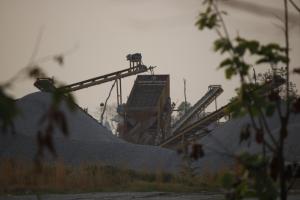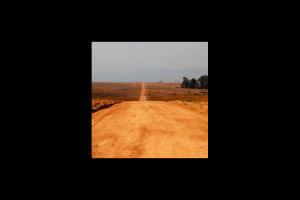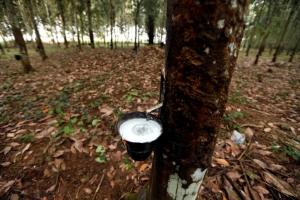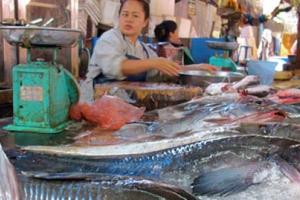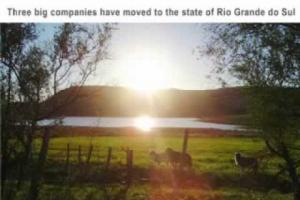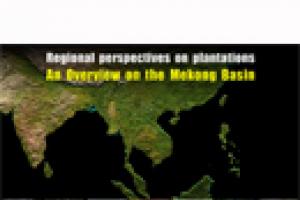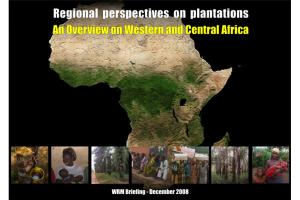Rubber
The rubber tree is native to the Amazon rainforest, but rubber plantations have spread across every tropical forest region. These plantations are increasingly large-scale, intensively-managed and have even-aged trees. The rubber is used for industrial purposes, such as the production of car tires. In some regions, small-scale rubber plantations are part of peasant farming. In the Amazon region, rubber continues to be extracted from trees that grow in the forest.
Bulletin articles
30 March 2023
Forests in Cambodia have seen large-scale deforestation with rubber and cassava plantations, illegal logging and other economic interests. Besides, Protected Areas and carbon projects like REDD+ have severely affected forest communities. Despite the criminalization, communities fight back, underlining the important connection between living with their forests and having autonomy to enough, diverse and nutritious food.
Bulletin articles
23 March 2022
Colonial and anti-colonial movements’ have deeply shaped the patterns and impacts of concessions in SE Asia. In some cases, communities have experienced dispossession through land grabs dressed as concessions. In others, concessions are part of a re-concentration of land holding. Either way, the concession model fits well with ideologies of modernisation.
Bulletin articles
30 September 2019
The industrial production of natural rubber has always been synonymous with destruction and exploitation. About 70% is used to manufacture tires. As the use of cars, trucks and airplanes increases, the use of rubber will also increase. And this does not come without controversy.
Bulletin articles
5 April 2014
Other information
30 May 2009
Bulletin articles
30 March 2009
Multimedia
11 March 2009
Publications
15 December 2008
Oil palm and rubber plantations occupy extensive areas in many countries in tropical Africa. In spite of their social and environmental impacts, until now they have received scant attention both at the national and international level.
Bulletin articles
27 September 2008
Other information
24 March 2007
